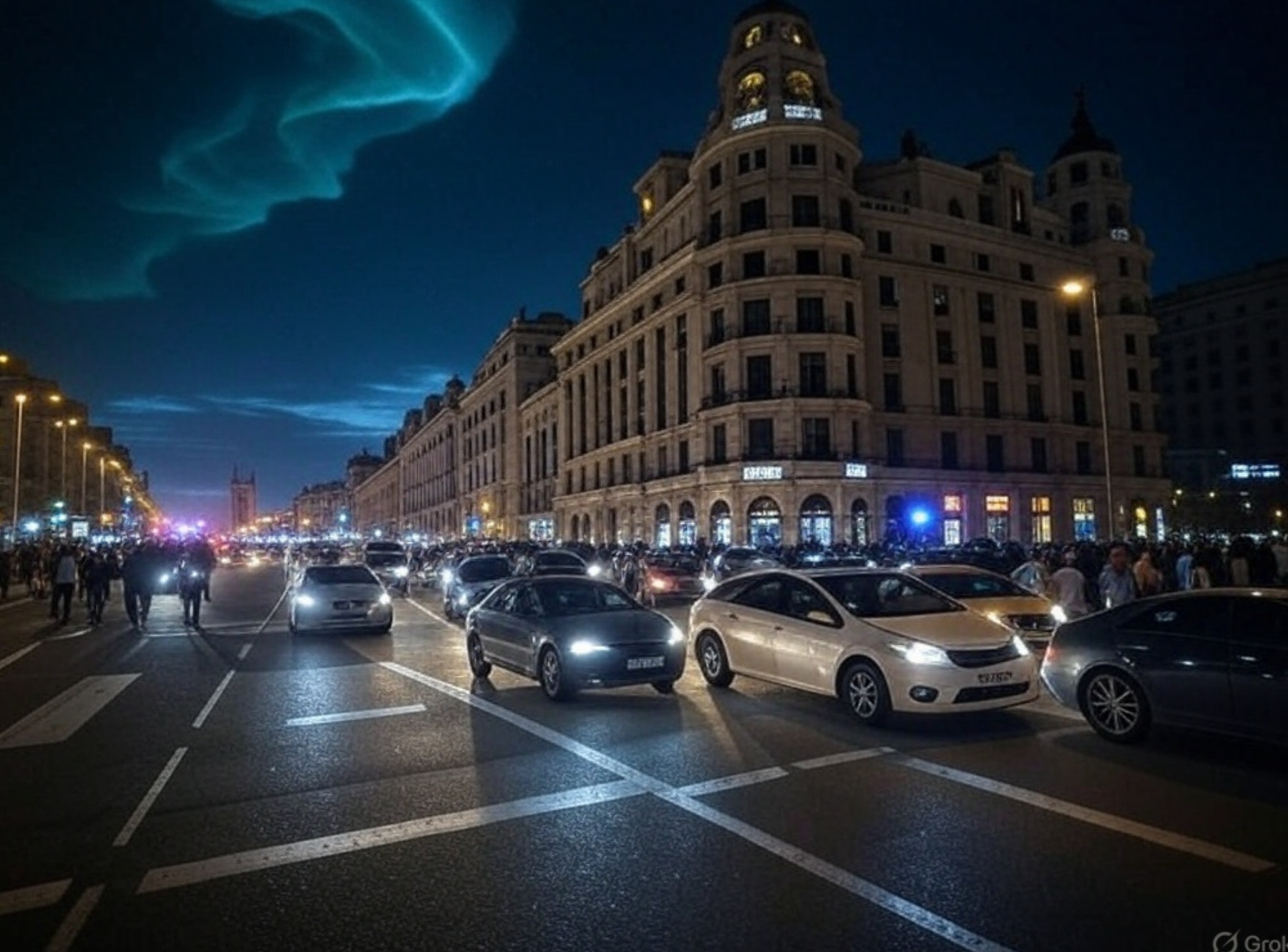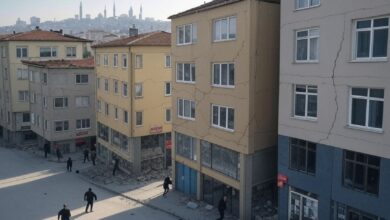Massive Power Outage Disrupts Spain and Europe, Impacts Local Casinos and Daily Life

On Monday, April 28, 2025, a massive power outage struck Spain, Portugal, and parts of France, plunging entire cities into darkness and bringing daily life to a standstill. The blackout, described as “exceptional and completely extraordinary” by Spain’s grid operator Red Eléctrica, affected millions across the Iberian Peninsula, with ripple effects felt in southwestern France, Andorra, Belgium, and the Netherlands. Major cities like Madrid, Barcelona, Lisbon, and Valencia saw widespread disruptions, impacting transportation, telecommunications, and critical infrastructure.
The outage began around 11:33 AM local time, triggered by a “very strong oscillation” in Spain’s electrical grid, which disconnected the Iberian Peninsula from the broader European network, according to Eduardo Prieto, director of Red Eléctrica. Portugal’s grid operator, REN, suggested a “rare atmospheric phenomenon” involving extreme temperature variations in Spain’s interior might have caused “induced atmospheric vibrations” in high-voltage lines, leading to synchronization failures across the interconnected European grid. However, the exact cause remains under investigation, with Spanish Prime Minister Pedro Sánchez urging the public to avoid speculation. European Council President António Costa and other officials have stated there are “no indications” of a cyberattack, despite initial concerns raised on social media and by some analysts, especially given the rise in cyberattacks on European energy infrastructure since 2022.
The impact on daily life was profound. Madrid’s Barajas International Airport and Lisbon’s Humberto Delgado Airport were forced to close, canceling over 500 flights, including routes from the UK and Brussels, stranding thousands of travelers. Metro systems in Madrid, Barcelona, and Lisbon halted, with passengers evacuated from trains stuck in tunnels, some walking along tracks illuminated only by their phone lights. Traffic lights failed, causing gridlock in city centers, and ATMs and electronic payment systems went offline, forcing businesses to operate on cash-only terms. In Madrid, firefighters conducted 174 elevator rescues, while hospitals in Madrid and Catalonia suspended routine operations, relying on backup generators to treat critical patients.
Local casinos, a cornerstone of entertainment in these regions, were also heavily affected. The Casino de Monte-Carlo in Monaco, though not directly impacted by the outage, saw a ripple effect as flights to nearby Nice were canceled, deterring high rollers from traveling to the region. In Spain, the Casino Baden-Baden in Germany, a popular destination for Spanish tourists, reported a drop in visitors as travel plans were disrupted. Closer to the outage epicenter, smaller local casinos in Barcelona and Madrid, such as the Gran Casino de Madrid, were forced to close their doors, with slot machines and gaming tables sitting idle in the dark. “It was chaotic,” said a casino manager in Barcelona. “We had to evacuate guests and secure the premises manually since our systems were down.” The financial impact on these venues, which rely on steady tourist and local traffic, is expected to be significant, with some estimating losses in the tens of thousands of euros for the day.
Power restoration efforts began later on Monday, with Red Eléctrica reporting that by 10 PM local time, 62% of Spain’s substations were back online, meeting 43.3% of the country’s power demand. Regions like Catalonia, the Basque Country, and parts of Madrid saw electricity return, often met with cheers from residents. In Portugal, power was restored to 750,000 customers, starting with areas near the Castelo de Bode hydroelectric plant and the Tapada do Outeiro thermoelectric plant. However, REN warned that full restoration in Portugal could take up to a week due to the complexity of operations and the country’s reliance on its own resources, unlike Spain, which received support from France and Morocco via interconnectors.
The outage exposed vulnerabilities in Europe’s energy grid, particularly the Iberian Peninsula’s limited integration with the broader European system. Spain and Portugal operate as an “energy island” with few cross-border connections, a longstanding issue the European Commission has urged to address. Critics have also pointed to Spain’s heavy reliance on renewable energy—56% of its electricity came from wind and solar in 2024—as a potential factor, citing a 2022 ENTSO-E report warning that low-inertia renewable sources can struggle to provide balancing power during disruptions. However, without a confirmed cause, this remains speculative.
Spain declared a state of emergency, deploying 30,000 police officers to maintain security, while Portugal’s Prime Minister Luís Montenegro canceled an election debate to focus on the crisis. The European Commission, led by President Ursula von der Leyen, pledged support, coordinating with national authorities and ENTSO-E to investigate the outage and restore stability. Ukraine’s Energy Minister German Galushchenko offered to share expertise gained from managing power outages during Russian attacks, highlighting a spirit of international cooperation.
As the region recovers, the outage serves as a stark reminder of the fragility of modern energy systems and the cascading effects of grid failures on daily life, from transportation to entertainment hubs like local casinos. While power is gradually returning, the full economic and social impact of this unprecedented blackout will likely unfold over the coming days.




